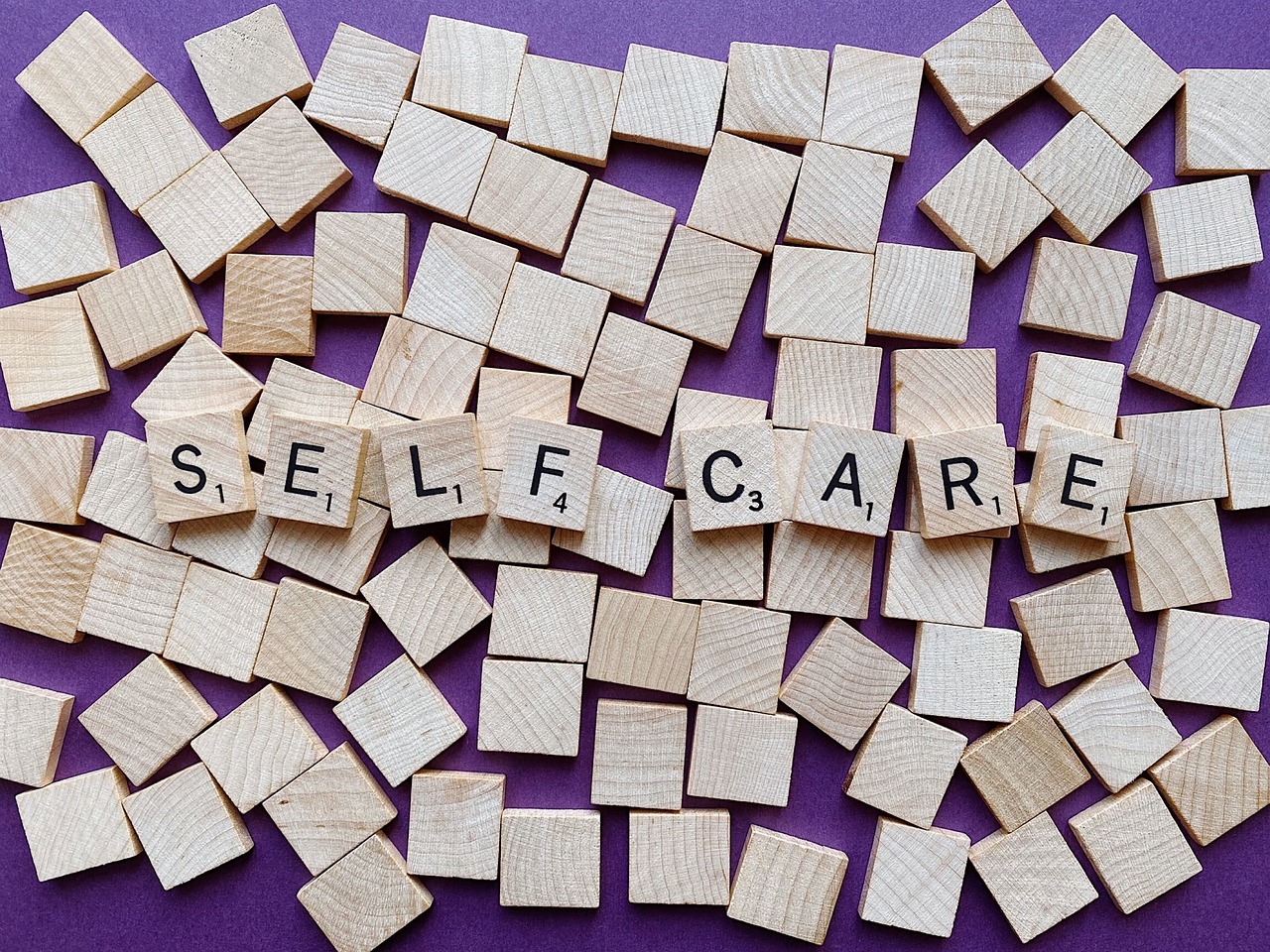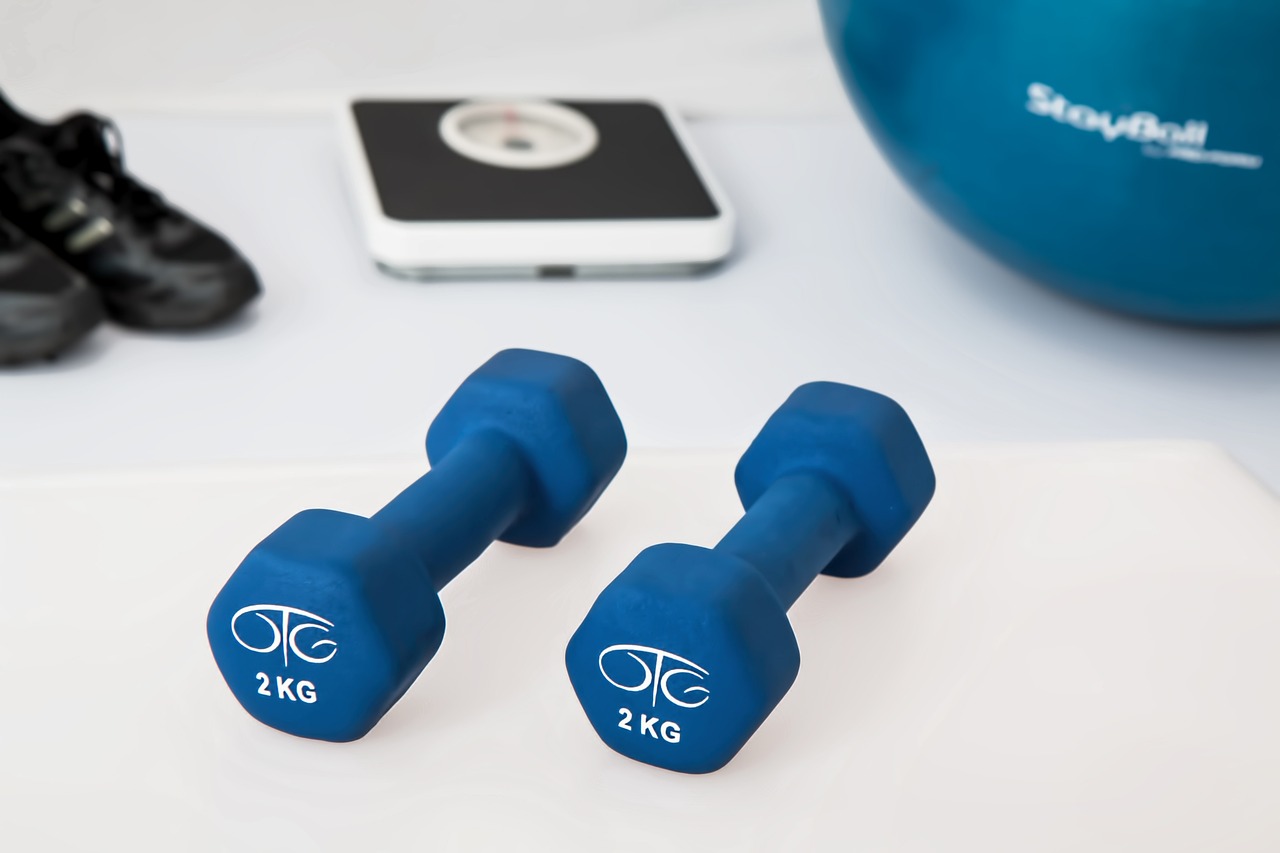
Here is a list of 20 health and lifestyle issues and habits that would allow people to live healthier lives in 2023 with reasons why they are important:
Exercise regularly. Staying physically fit improves cardiovascular and muscular health and helps fight disease1Eat right. Eating a balanced diet of seasonal veggies and fruits, lean proteins, healthy fats, and whole grains can provide your body with the nutrients it needs to function well and prevent chronic diseases12.
Getting vaccinated, wearing masks, washing hands, and avoiding large crowds can reduce your risk of getting infected or spreading these viruses that can cause serious complications1.Get enough sleep. Sleeping at least seven hours every night can improve your mood, memory, immunity, and overall well-being. Avoiding screens before bedtime and sticking to a regular sleep schedule can help you fall asleep faster and sleep better12.Stick to your plan. Setting realistic and specific goals for your health and wellness can help you stay motivated and track your progress. Rewarding

yourself for your achievements and seeking support from others can also boost your confidence and commitment1.Take a few deep breaths throughout the day. Breathing deeply can calm your nervous system, lower your blood pressure, and reduce stress. You can also try some breath work exercises to enhance your mental clarity and focus2.Prioritize and stick to a healthy breakfast/morning routine. Your morning ritual sets the tone for the day. Eating a nutritious breakfast can give you energy, prevent overeating later, and support your metabolism. You can also add superfood supplements such as collagen powder to your coffee for healthy skin2.Indulge in guilty pleasures in moderation. If you crave something sweet or salty, eat something healthy first and plan the treats for dessert. This way, you can satisfy your taste buds without compromising your nutrition or feeling guilty2.Expose yourself to sunlight first thing in the morning. Sunlight can stimulate your body’s production of vitamin D, which is essential for bone health, immunity, and mood. It

can also help regulate your circadian rhythm and make you feel more alert2.Move every day. Even if you don’t have time for a full workout session, you can still benefit from moving your body in some way every day. Stretching, walking, dancing, or doing household chores can keep your muscles flexible, your joints lubricated, and your blood flowing2.Rest. Your body needs at least three small breaks a day to restore and maintain its energy levels. Taking a nap, meditating, listening to music, or doing something you enjoy can help you relax and recharge2.Wear blue-light blocking glasses when looking at screens. Blue light from digital devices can strain your eyes, disrupt your sleep, and affect your mood. Wearing glasses that block or filter blue light can protect your eyesight, your energy, and your brain2.Have regular health check-ups and optimize your vitamin intake twice a year. Seeing your doctor regularly can help you prevent or detect any health issues early and get the appropriate treatment. Taking

vitamins or supplements as recommended by your doctor can also help you address any nutritional deficiencies or support specific health needs2.Read for 30 minutes. Reading can reduce stress, improve brain function, enhance creativity, and expand your knowledge. It can also help you learn new things and solidify memories3.Drink 10 glasses of water per day. Water is essential for hydration, digestion, circulation, temperature regulation, and detoxification. Drinking enough water can also help you control your appetite, boost your metabolism, and prevent headaches4.Add fresh lemon juice to your water. Lemon juice can alkalize your body and reduce inflammation. It can also provide vitamin C, which is an antioxidant that supports immunity, skin health, and wound healing4.Practice gratitude. Being grateful for what you have can improve your mental health by increasing happiness, optimism, self-esteem, and resilience. You can practice gratitude by writing down three things you are thankful for every day or expressing appreciation to others4.Laugh more.

Laughter is good for both your physical and mental health. It can lower stress hormones, boost endorphins and relax muscles. Urinating in a pool is dangerous for your heart. The chlorine in pool water reacts with urine to form chemicals that can damage your heart and lungs1.You typically only breathe through one nostril at a time. Your nasal cycle alternates between the left and right nostril every few hours. This helps balance the workload of your sinuses and prevent infections1.Anxiety can make bad smells even worse. A study found that people who were anxious perceived unpleasant odors as more intense and unpleasant than those who were calm1.Drinking one extra glass of water a day can help you lose weight. Water helps boost your metabolism, suppress your appetite and flush out toxins. It also helps prevent dehydration, which can slow down your metabolism and make you feel tired2.Eating eggs improves your reflexes. Eggs are rich in choline, a nutrient that is essential for the production of acetylcholine, a neurotransmitter that helps regulate muscle movement and coordination1.Your

blood makes up nearly one-tenth of your total body weight. The average adult has about 5 liters of blood, which accounts for about 7% to 8% of their body weight1.Your heart beats over 100,000 times a day. That’s about 35 million times a year and over 2.5 billion times in a lifetime3.Using stairs and furniture as makeshift gym equipment can help you stay fit. You can use stairs for cardio, chairs for planks and dips, and bottles or jugs for weights. This can help you save money and time while getting a good workout at home or at work2.Replacing diet soda with carbonated water can help you reduce your sugar cravings. Artificial sweeteners in diet soda can trick your brain into wanting more sweets and increase your risk of weight gain. Carbonated water can give you the same fizz without the calories or chemicals2.Taking a 10-minute walk can boost your cardiovascular health. Walking can lower your blood pressure, cholesterol and blood sugar levels, as well as improve your mood and energy2.
I hope you find these facts and tips helpful and interesting.
 Add Row
Add Row  Add
Add 




Write A Comment